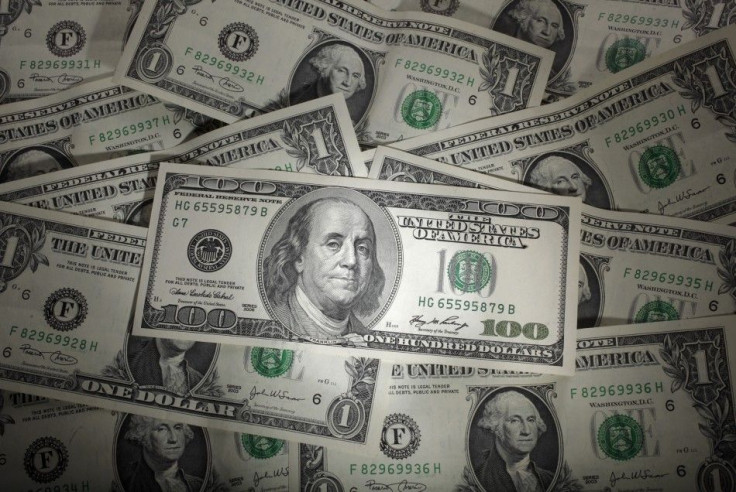How to Reduce the Budget Deficit by Over $100 Billion Per Year

The US corporate tax rate is supposed to be 35 percent. However, due to various rules and exemptions, the actual tax rate is much lower.
It recently emerged that General Electric (NYSE:GE) is probably one of the worst abusers of tax rules among big corporations.Its actual tax rate from 2005 to 2009 averaged just 11.5 percent, according to data compiled by Bloomberg.
Below are several estimates of the average actual tax rate for US corporations in general:
- In 2008, the Government Accountability Office (GAO) estimated the average corporate tax rate in 2004 to be 25.2 percent.
- The Center on Budget and Policy Priorities (CBPP) estimates the US average corporate tax rate to be 13.4 percent from 2000 to 2005, compared to 30.5 percent for Australia, 27.7 percent for the UK, and 16.4 percent for Japan. Germany, however, sits at 7.2 percent.
- In 2007, the Treasury Department said tax revenues loss from corporate tax preferences was more than $1.2 trillion in the preceding 10 years.
- The CBPP estimates that US tax revenues as a percentage of GDP fell from 4.7 percent in the 1950s to just 1.9 percent in the past decade
The simple truth is that the US government doesn’t collect enough taxes from big corporations. Indeed, it’s the big corporations – with their army of lobbyists, tax experts, and extensive foreign operations – that (legally) “evade” the most taxes.
The S&P 500 Index consists of 500 of the biggest (mostly) US companies. In 2011, they’re expected to earn $1 trillion. If the economy continues to recover, they’ll probably earn even more per year in the coming decade.
Assuming these companies pay on average 25 percent in actual taxes, raising it to 35 percent will generate at least $100 billion in tax revenues per year.
It’s not just the US, however, that doesn’t collect enough corporate taxes; other Western countries suffer from the same problem.
Ireland, for example, already has an ultra-low official tax rate of 12.5 percent. However, multinational corporations like Google, as recently reported here, still shuffle profits to tax havens like Bermuda that have even lower rates.
Of course, for most of the heavily indebted Western governments, the main cause of indebtedness is out-of-control entitlement spending. Still, collecting more taxes from big multinational corporations by tightening exemption rules and cracking down on income shuffling will go a long way.
Email Hao Li at hao.li@ibtimes.com
Click here to read recent articles by Hao Li
© Copyright IBTimes 2025. All rights reserved.




















